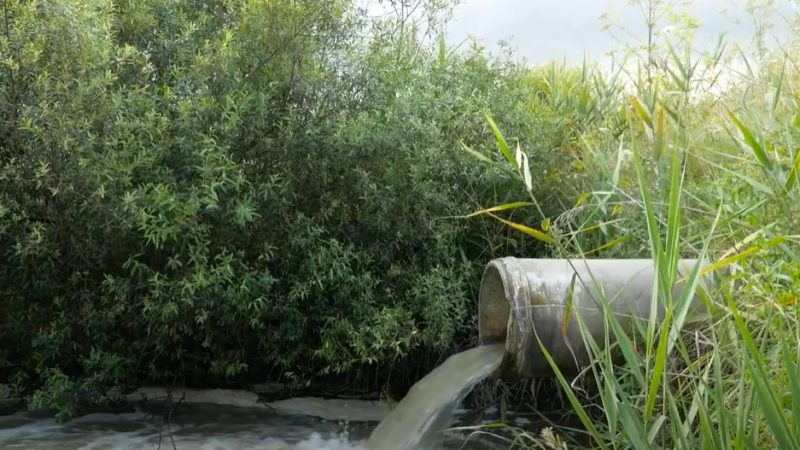‘The UK’s decision to diverge from EU water quality standards is yet another blow in a string of post-Brexit setbacks.’

The UK government is to diverge from the EU’s standards for monitoring the quality of water in England.
An exclusive report by the Guardian this week revealed that instead of being covered by the EU’s water framework directive (WFD), as it was when the UK was in the European Union, the government will use its own, as yet undisclosed, methodology to assess the quality of England’s waterways. Under the WFD, a national chemical and ecology survey was carried out every year. But from 2016, the government made the decision that water quality under WFD would only be tested every three years, instead of annually.
The last time a full water assessment of England’s rivers took place was in 2019, when just 14 percent were found to be in good ecological health. None however, met good chemical health standards.
According to the report, government officials told stakeholders about the change at a meeting. A source from an NGO who had attended the meeting said: “When asked how this would affect assessments against the target set out in the government’s environment improvement plan, officials commented that this data would no longer be used for that purpose, and that Defra were looking to use the Natural Capital and Ecosystem Assessment (NCEA) process to assessment performance. I question how developed the work on the NCEA is and whether this is suitable.”
Campaigners have warned that diverging from EU environmental standards will lead to England’s rivers and waterways becoming even more polluted if the new measuring methods are less rigorous. They also warn that it may make it more difficult for the state of England’s rivers to be compared with those in the EU, meaning the public will be left in the dark about water pollution and sewage.
Stuart Singleton-White, of the Angling Trust, told the Guardian that the WFD has been the “bedrock of us understanding the state of our rivers, lakes and groundwater.”
“It does not give a full picture, but it does provide a useful starting point. Past assessments have shown things are getting worse, not better. To now not have a full assessment in 2022 and have to wait to 2025 … simply sows confusion and leaves the public in the dark when it comes to properly understanding whether our rivers are getting better or worse,” he said.
In light of the Guardian’s report, many took to X to share their disappointment. Tim Farron, Lib Dem MP and former leader of the party said: “Instead of clamping down of sewage dumping, ministers have let water companies off the hook and scaled back assessments so we could know exactly how much damage has been done. It is frankly a disgrace.”
The European Movement UK, which exposes the calamities of Brexit, shared similar disgust, posting:
“The UK’s decision to diverge from EU water quality standards is yet another blow in a string of post-Brexit setbacks. With rising fears of increased pollution and obscured data, it’s care that Brexit remains an unfolding disaster for out environment.”
Gabrielle Pickard-Whitehead is a contributing editor to Left Foot Forward
Left Foot Forward doesn't have the backing of big business or billionaires. We rely on the kind and generous support of ordinary people like you.
You can support hard-hitting journalism that holds the right to account, provides a forum for debate among progressives, and covers the stories the rest of the media ignore. Donate today.



